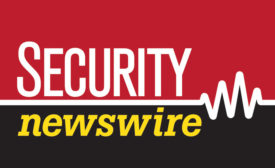Security Leadership and Management
Web Exclusive
New CISO Position Faces Evolving Responsibilities, Competing Priorities
July 9, 2012
Security Web Exclusive
How Awareness Stops Negligence, Prevents Workplace Violence in Healthcare
June 26, 2012
Sign-up to receive top management & result-driven techniques in the industry.
Join over 20,000+ industry leaders who receive our premium content.
SIGN UP TODAY!Copyright ©2024. All Rights Reserved BNP Media.
Design, CMS, Hosting & Web Development :: ePublishing









